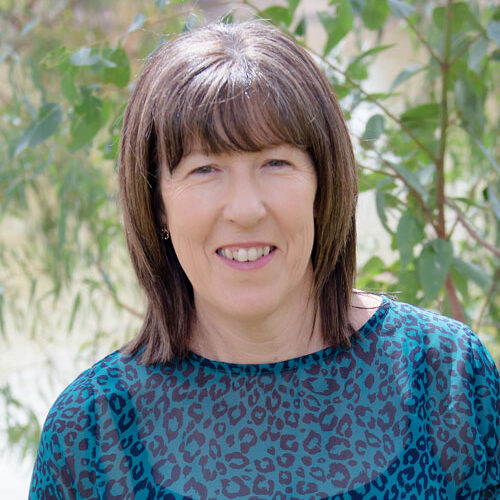Wills and Estate Planning
What you need to know about planning the future
What is estate planning?
Estate planning involves developing a Plan to manage and protect your assets while you are alive, as well as after your death.
It provides for succession planning, as you consider who will take on what responsibilities when the time comes. There are lots of options available to you when creating your estate plan, and it is important to get advice to ensure that your plan meets your specific needs. An Estate Plan may be as simple as a well-written Will, or it may extend to Super Binding Death Benefit Nominations, setting up Family Trusts and Relationship Property Agreements.
Having a well-constructed Estate Plan gives you the peace of mind that your assets or business will pass smoothly and in line with your wishes, and avoid potential battles.
What do you need to think about?
There are a few things to consider when estate planning:
- What assets you have and how they are owned
- Who your beneficiaries are (the people you want to leave things to), and what you want to leave them
- Who will manage your business (if you have one), and what plans you need to put in place now so that your business continues to run smoothly
- Who will make sure that your wishes are followed (Executors)
- Will there be any tax implications for the beneficiaries
- Who will pay for the funeral and burial costs
It is important to have an accredited specialist Wills & Estates lawyer whom you trust to guide you through the planning process.
Do you really need to make a Will?
Making a Will gives you the chance to say what you want to happen with all your assets and belongings. It also allows you to make important decisions about things like:
- your funeral arrangements
- who will care for your animals
- who will run your business
- and for those with young children, who will provide their care.
Having a well-written Will makes your final instructions clear and easy to implement. You should review your Will every couple of years, as well as after any major life events such as a marriage or divorce, asset or business purchases, and the birth of children and grandchildren. Regularly reviewing your Will ensures that it is up-to-date and relevant when the time comes.
What can go wrong?
If you don’t make a Will, you are giving up your right to determine who will receive your assets after your death. If you die without a valid Will this is known as dying intestate and means that the law will decide who receives your assets after your death.
If your family members have different views on how you would have wished for your assets or belongings to be distributed, this can result in family conflict and legal proceedings being commenced. Legal proceedings can become a lengthy, expensive, and stressful process for all. Your hard-earned assets may end up being used to pay legal and court fees, instead of benefiting those you love.
For your Will to be legally valid, you must be mentally competent, the Will must be correctly signed and witnessed, and show no evidence of tampering. The witnesses to the Will should not be beneficiaries or related to beneficiaries and must be over 18 years of age.
















